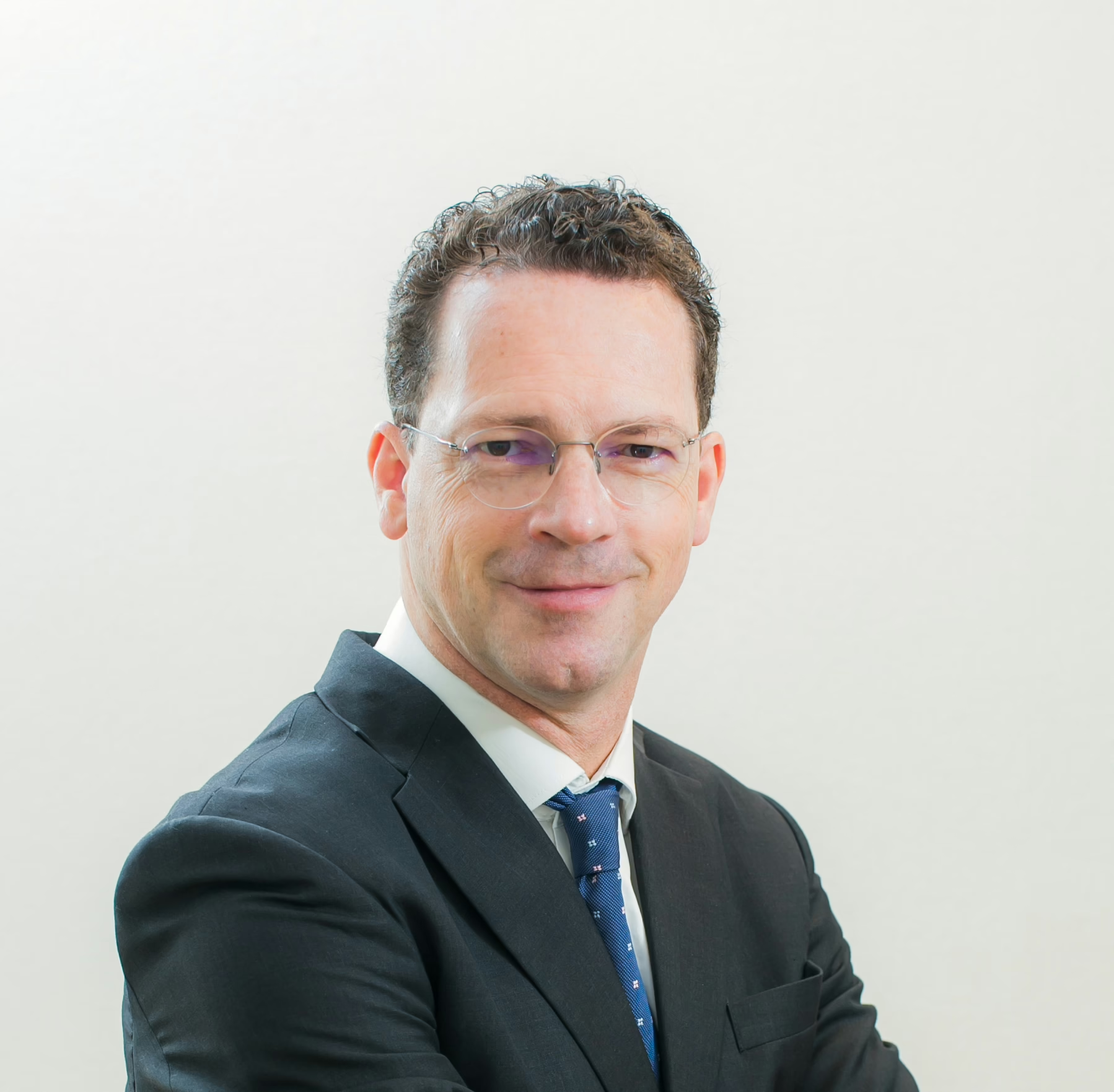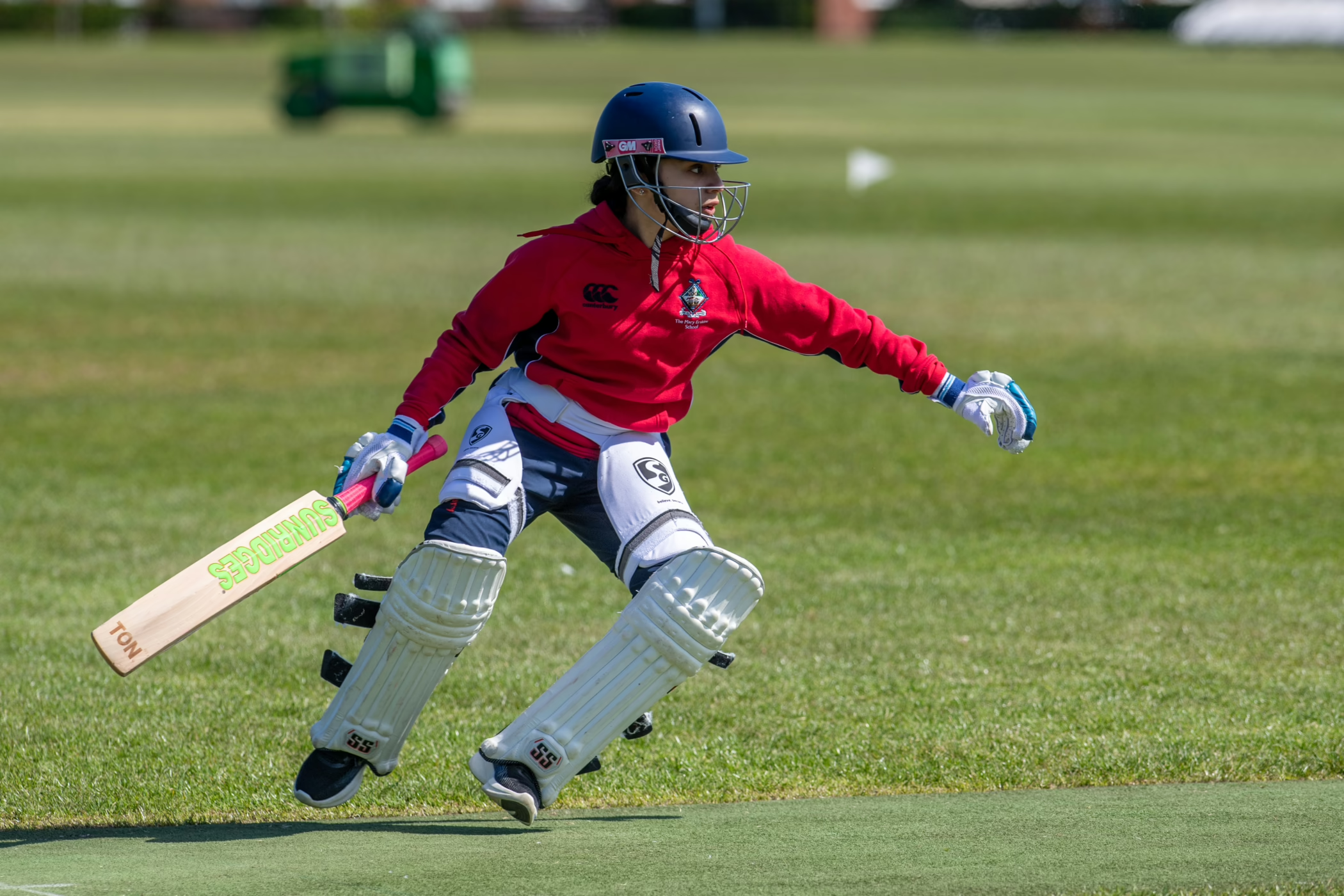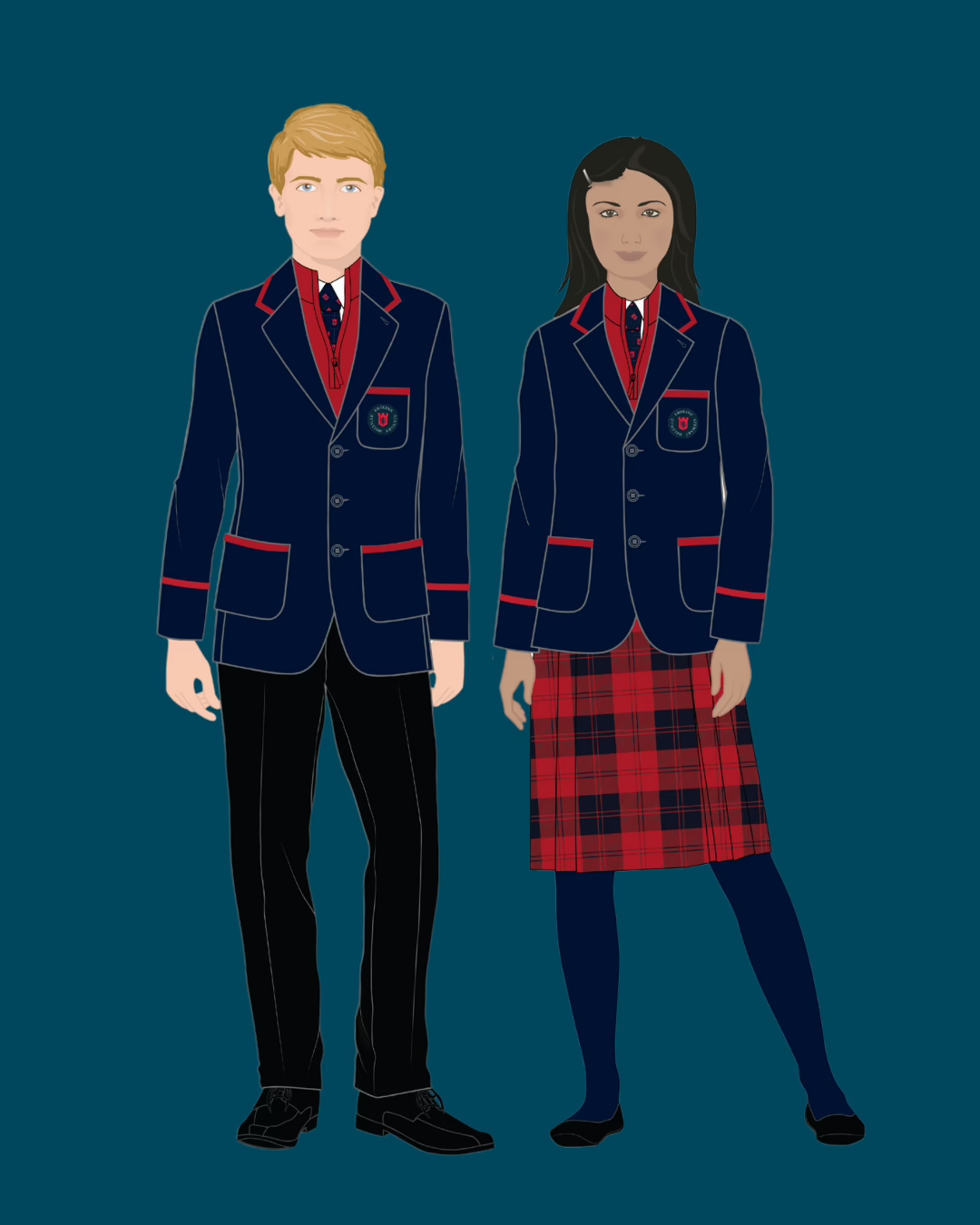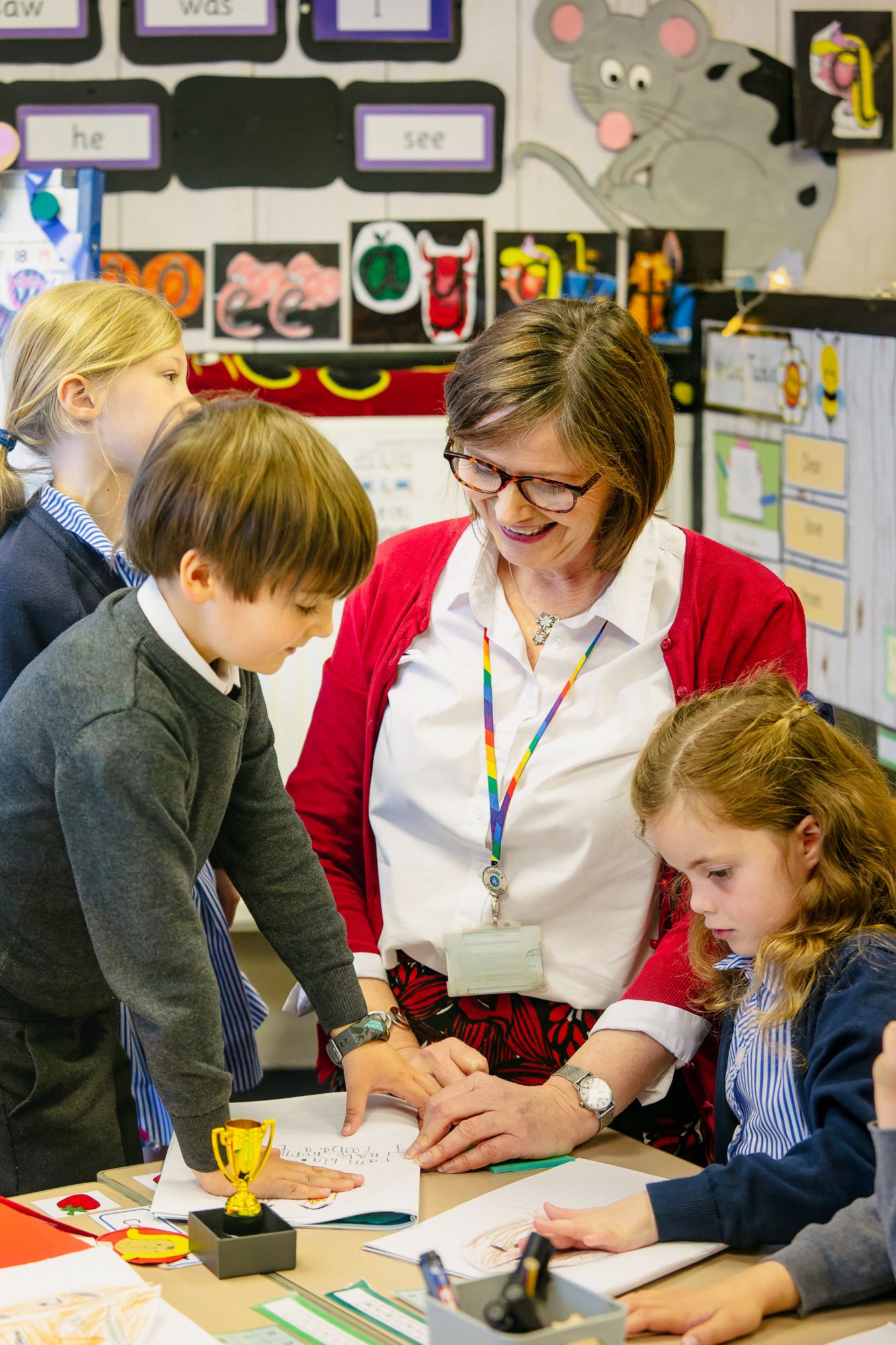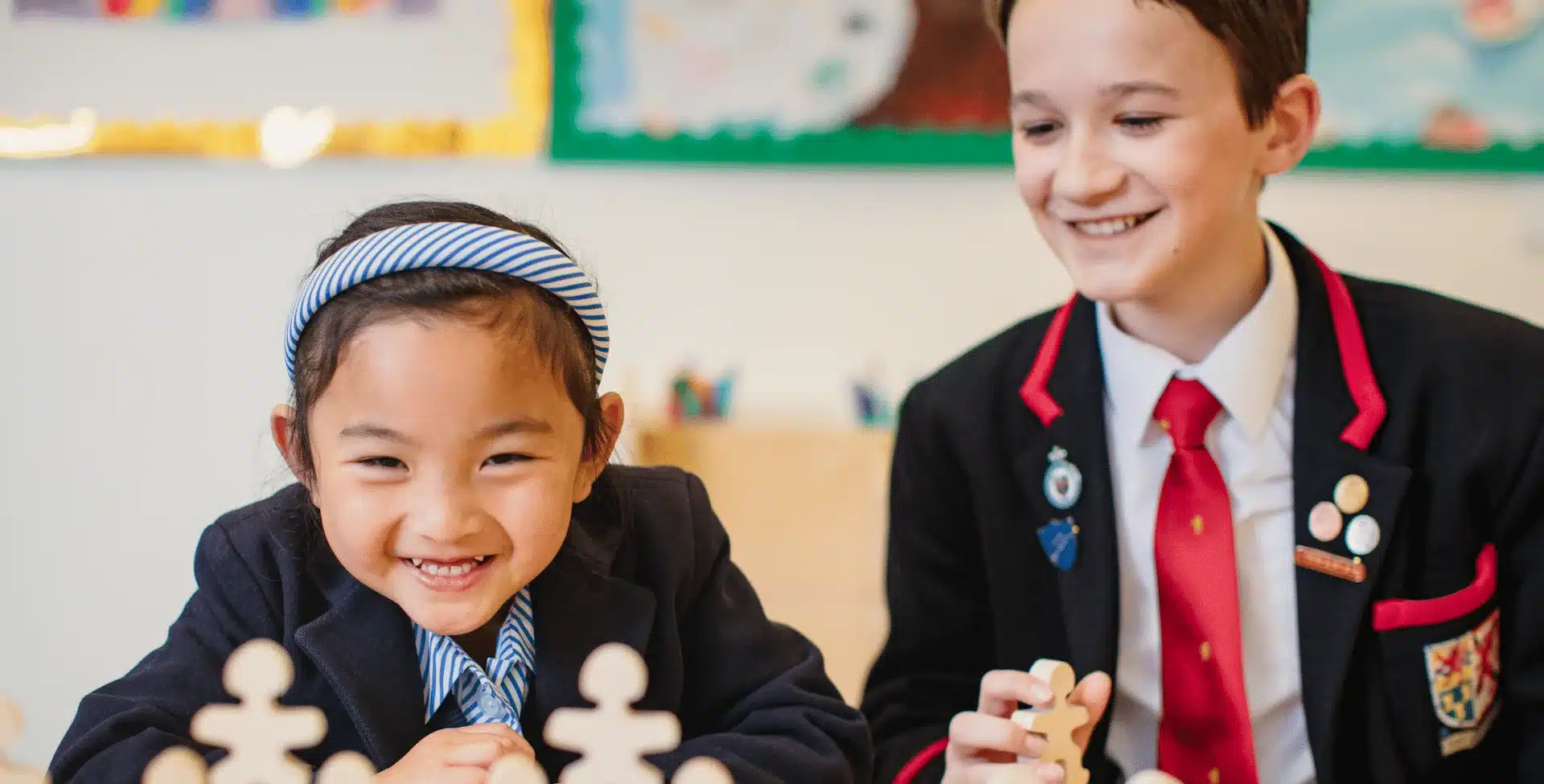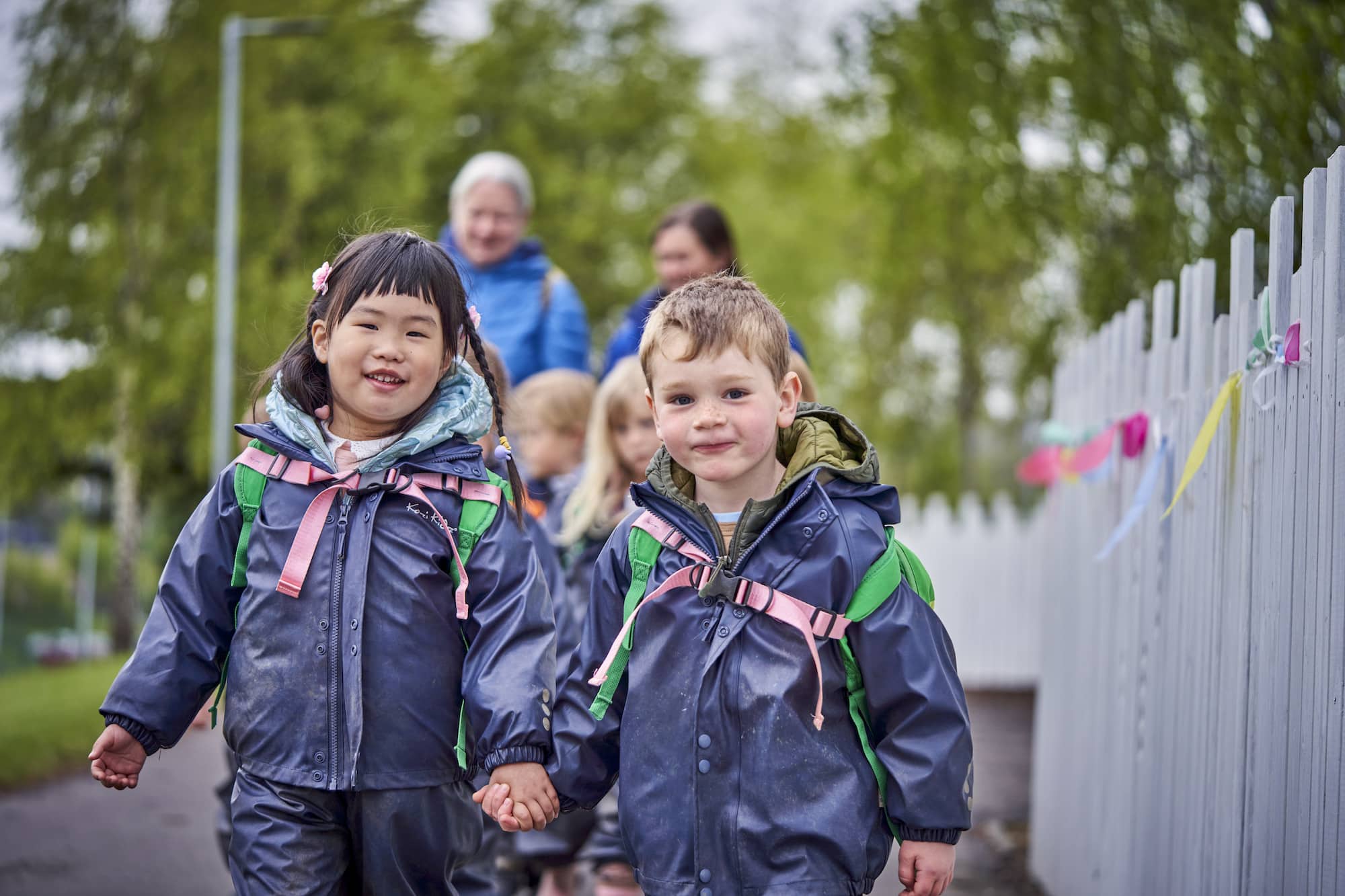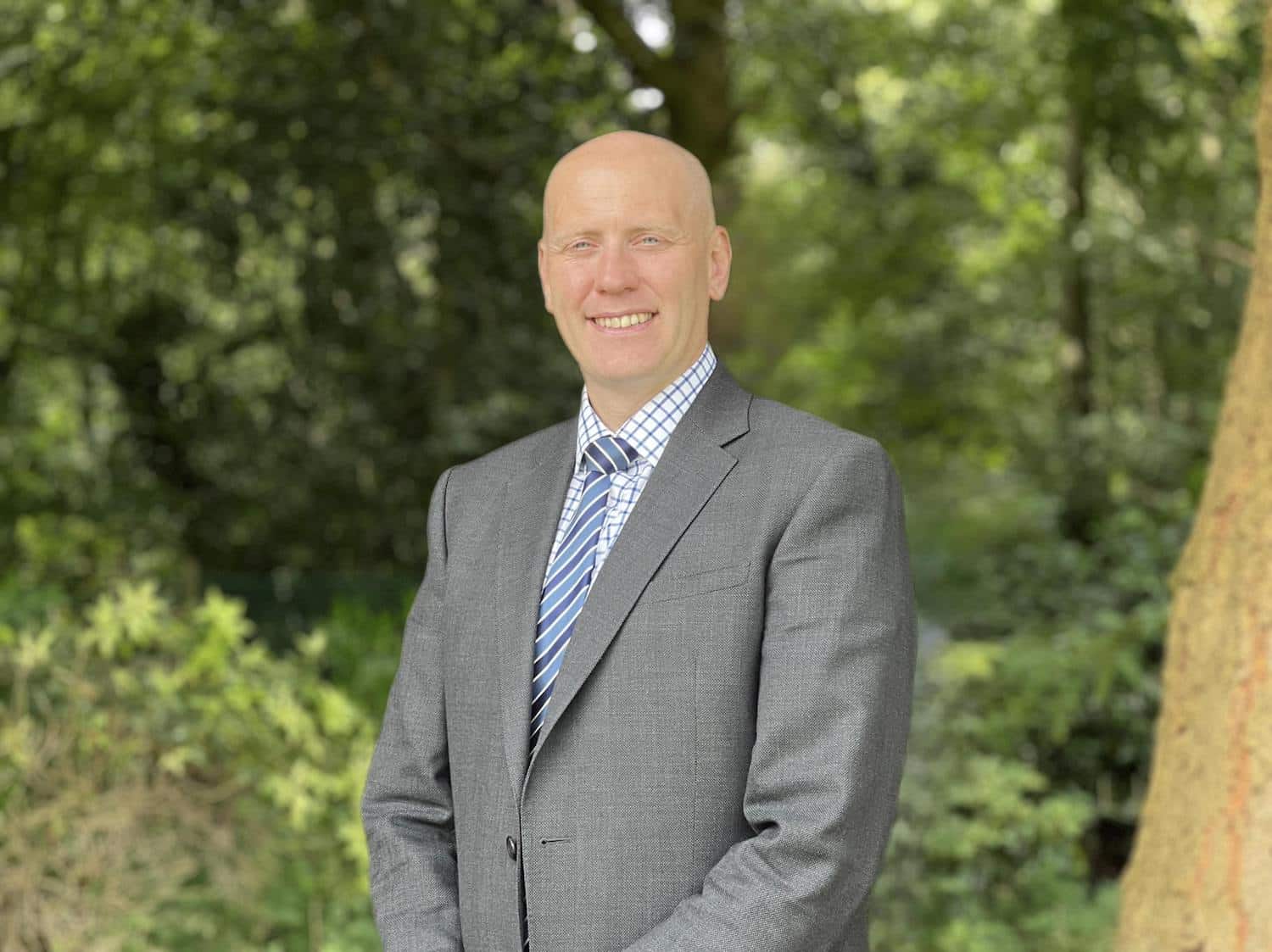Early Years and Education
I enjoyed and, I think, benefited from being continuously at Stewart’s Melville from age five to eighteen and there is no doubt in my mind that both the junior and senior schools cultivated my instinctive fascination with history and politics.
Compensating for my hopelessly poor performance in maths and sciences, the award of history essay prizes (biographies of Oliver Cromwell and Robert the Bruce, in my case) in my last two primary years boosted my confidence that there was still a valued place in the school for someone like me who showed promise in some subjects whilst demonstrating absolutely none in others.
In the senior school, that burgeoning confidence found an outlet in the debating society which gave me self-assurance in public and sharpened my advocacy skills. Actually, I think debating was the single most valuable skill I picked-up at Stewart’s Melville. I don’t just mean that it gave me courage to spout my own opinions to a weary audience. More importantly, it forced me to listen to competing views, to understand why other people see the world differently, and to engage with alternative arguments. Properly embraced, this experience makes you a deeper and more rounded person and not just a peddler of windy rhetoric.
Many teachers played their part in encouraging me, including Nancy Richardson and Stewart Adams when I was still in short trousers, but I owe particular debts to the head of history, Dr Andrew Tod, and the English master, Cameron Wyllie, an inspirational teacher who turned the SMC debating team into national champions.
Career Path and Journalism
At least since I was a teenager, the question for me was whether I wanted to pursue a career as a politician or someone who wrote about politics past and present. Ultimately, I determined upon what I thought I was better at, which was writing rather than public life. Eight years at university (MA St Andrews; PhD Cambridge) played its part in sharpening my research and writing skills and seeing the literary life as my natural purpose. My first job, though, combined both, as an inhouse historian and parliamentary researcher for an MP. Time working in an MP’s office gives you a far greater insight into what politicians actually do, and can reasonably achieve, than a lifetime immersed in political theory.
Despite being confusingly called Burying Caesar, my first book was about the relationship (more complicated than might be imagined) between Winston Churchill and Neville Chamberlain, which was a reworking of my PhD. The book was well-received and led to my becoming a leader writer for The Times (because both the then news editor, Michael Gove, and the chief leader writer were fans of my book!) and thereafter the newspaper’s official historian, a role which neatly combined my straddling being a historian and a journalist. In one capacity or another, I spent over a decade either writing about or writing for The Times, an experience for which I am profoundly grateful.
International Experience and Communications
I was very happy writing journalism and history books but sometimes an opportunity comes out of the blue to do something completely different in an entirely new environment. When that happens you have to ask yourself, “is my comfort zone where I should stay or do I fancy an adventure that will stretch me and may find me wanting?”
To be honest, as the job offer came from a billionaire investor and philanthropist in Singapore, I didn’t need much time to weigh-up the pros and cons. And then, after a year or so of meeting fascinating and influential people in Asia, I was offered over the course of lunch a partnership in a leading international public affairs and communications company with the brief of opening its first office in Myanmar (Burma) – a country of over 50 million people with almost no familiarity with this line of business. So, of course, I said “yes” as experiences like that don’t’ come around very often.
That led to four remarkable years in Yangon (Rangoon) before returning for a couple of years to advise on corporate communications in Singapore. The opportunities, challenges, politics and business environments could scarcely be more different in these two countries, so variety was the spice of life.
Journalism and Communications
There’s an obvious synergy between journalism and public relations which I would simplify as the art of story-telling and the skill of advocacy. If you’re good at one you ought probably to be good at the other too. I slipped between the two disciplines naturally and then, when after seven years I felt ready to return to Britain, I switched back to journalism as first political editor and then deputy editor of The Critic, a new magazine we set up exploring the relationship between the arts, culture, politics and international affairs. For me, this brought a happy combination of working on a business start-up and marshalling a diverse range of talents who make the magazine the thoughtful read we try to ensure it is.
What I’ve learnt
My only advice to current ESMS students considering a career in journalism, politics, or communications is to focus on a breadth of interests: read widely, including on subjects or countries that aren’t naturally at the forefront of your mind; read from at least two newspapers a day (not what your social media feed is calibrated to think you want) and try and make time to immerse yourself in at least a couple of really long-form essays a week to get you thinking deeply. Finally, if you get the chance, spend at least some time in your life away from the place that makes you most comfortable. You can always return to it later, if you want to.
